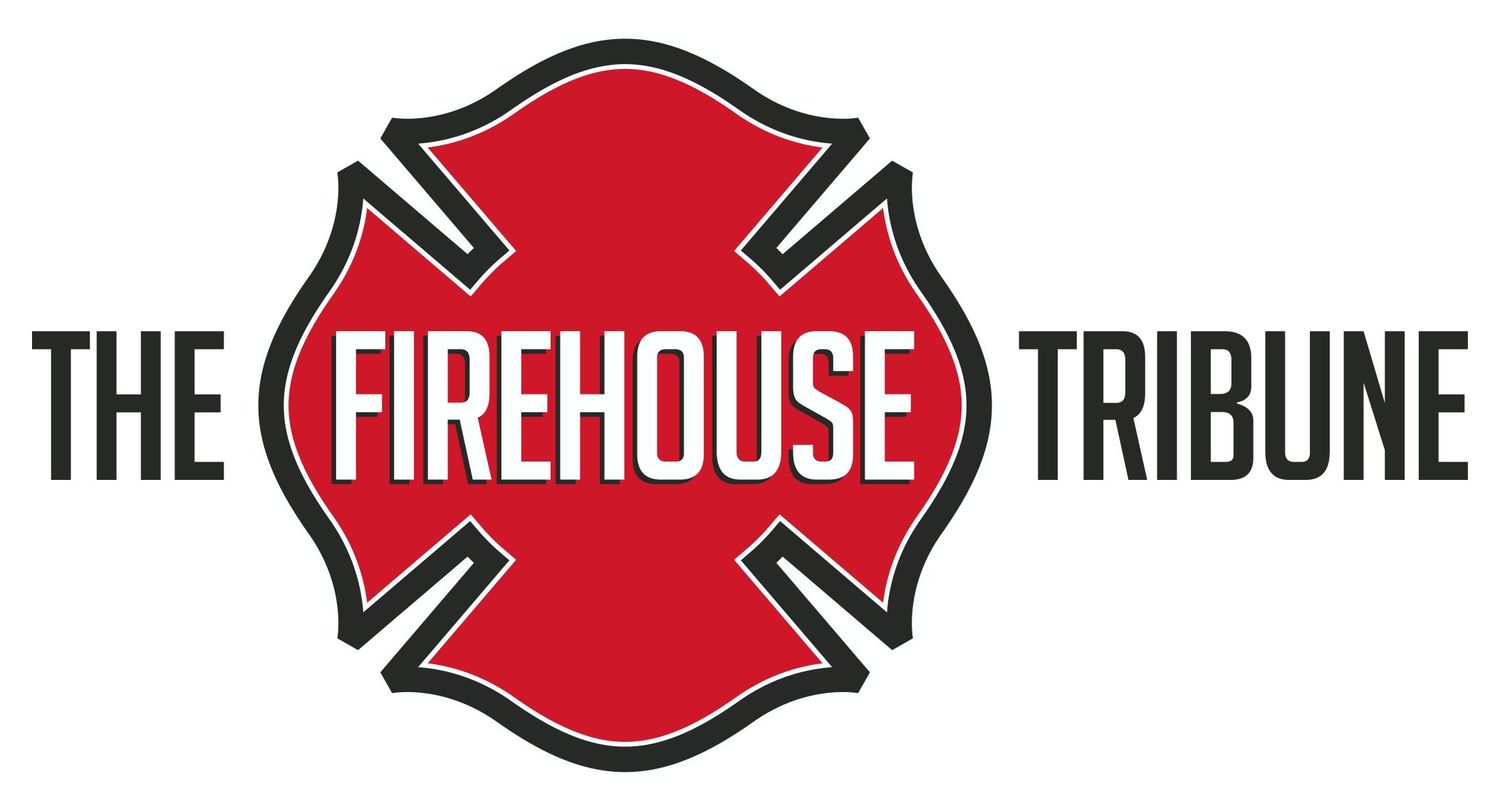The After Action Review: Post-Incident Size-Up
The size-up is for all intents and purposes, our game plan or battle plan, if you will, against the structure we are working at. The size-up is where firefighters and fire officers gather information in order to make safe, efficient, and effective fire ground decisions. Fire ground decision making, as we know, is meant to be quick, but with an emphasis on safety and ensuring the tactics are done efficiently and effectively.
One aspect we do not stress enough is the fact we do not consider the culmination of the incident. After fire command is terminated and all units are back in quarters and in service. We must remember the pre-planning is not over just because we cleared the incident and everyone is back in the station and safe. This is where the add-value work is put into place and now it is time for the after-action review or post-incident size-up.
During the after-action review (AAR), firefighters and fire officers can discuss and share information obtained from the alarm and also discuss the success and failures they have experienced during the alarm. This is a time to ask a few question:
• What did we expect to happen?
• What actually occurred?
• What went well and why?
• What can we improve upon and how?
The benefit of asking these questions allow for strengths to be easily identifiable making it easier to uncover areas of weakness. By uncovering areas of weakness, you can develop ways to improve them! If you do not identify what went wrong, how could you ever expect to improve? On the contrary, if you do not understand what went right and why, duplicating that same success in the future will not be easy. Ensure necessary changes discussed in the AAR are implemented sooner than later as the longer it is on hold, the greater the likelihood of any changes being implemented diminish.
The size-up as a whole is a valuable step by step process for all firefighters, to obtain knowledge of their response district, riding assignments, and strategy and tactic implementation. By beginning this process formally or informally early on, it will allow for continual growth for each firefighter and fire officer. The key to success as an individual and team is to get ahead of the game and prevent ourselves from being reactive, rather proactive.
Until next time, work hard, stay safe & live inspired.










